The Importance of Cyber Hygiene: Daily Habits for Better Security
Tuesday, May 31, 2022

We all know that maintaining good personal hygiene is essential for our health and well-being. But have you ever considered the importance of cyber hygiene? Just like brushing your teeth and taking showers, practicing good cyber habits is crucial for keeping your personal and professional life secure in today's digital world. In this blog post, we'll explore the concept of cyber hygiene and share some daily habits you can adopt for better security.
Understanding Cyber Hygiene
So, what exactly is cyber hygiene? It's a set of practices and habits that help protect you and your devices from cyber threats like hacking, malware, and phishing attacks. By maintaining good cyber hygiene, you can greatly reduce the risk of falling victim to these types of attacks and keep your personal information safe.
Daily Habits for Better Security
Now that you know what cyber hygiene is, let's dive into some daily habits that can help improve your security:
Keep your software updated
Make sure to regularly update your operating system, apps, and antivirus software. These updates often contain important security patches that protect your devices from new threats.
Create strong and unique passwords
Use a mix of letters, numbers, and special characters to create complex passwords. Avoid using the same password for multiple accounts, as this can put all of them at risk if one is compromised.
Regularly back up your data
In case of a cyberattack or device failure, having a backup of your important files can save you a lot of trouble. Make it a habit to back up your data regularly, either to an external hard drive or a cloud storage service.
Use multi-factor authentication
Whenever possible, enable multi-factor authentication (MFA) for your online accounts. MFA adds an extra layer of security by requiring more than just a password to access your account, such as a fingerprint or a code sent to your phone.
Avoid phishing scams and suspicious links
Be cautious when clicking on links in emails or text messages, especially if they are from unknown sources. Phishing scams often use these tactics to trick you into revealing your personal information.
Stay informed about the latest cyber threats
Keep an eye on the news and subscribe to cybersecurity newsletters to stay up-to-date with the latest threats and vulnerabilities.
Limit personal information shared online
Be mindful of the information you share on social media and other websites. The more personal details you share, the easier it is for cybercriminals to target you.
Use a VPN when connecting to public Wi-Fi networks
Public Wi-Fi networks can be insecure and easily exploited by hackers. By using a Virtual Private Network (VPN) when connecting to public networks, you can protect your data and maintain your privacy.
Log out of accounts and lock devices when not in use
Don't leave your accounts or devices vulnerable. Make sure to log out of your accounts and lock your devices whenever you're not using them.
Implementing Cyber Hygiene at Work
If you're a business owner or manager, it's important to ensure that your employees are practicing good cyber hygiene as well. Provide regular training and awareness sessions, create and enforce cybersecurity policies, and conduct audits and assessments to ensure that your workplace is secure.
Long-Term Benefits of Good Cyber Hygiene
By following these daily habits, you'll enjoy numerous benefits, such as:
Reduced risk of cyberattacks and data breaches
Enhanced privacy and protection of your personal information
Increased confidence in your online activities and transactions
Wrapping Up
Practicing good cyber hygiene is just as important as maintaining your personal hygiene. By adopting these daily habits, you'll be well on your way to keeping yourself and your devices safe from cyber threats. So, go ahead and make cyber hygiene a part of your routine – you won't regret it!













